Singapore reported its first case of locally transmitted Zika virus in August 2016 and the number of Dengue cases in 2020 is projected to exceed 2019’s 16,000 cases. What are the ways we can keep these blood-sucking insects at bay?
⇒ Related Read: What You Need To Know About Dengue Fever
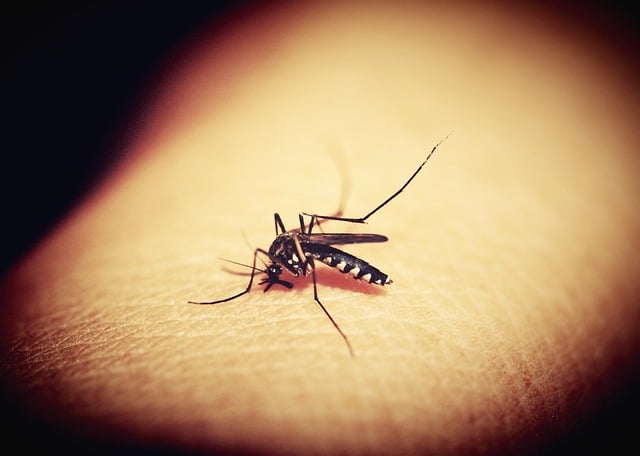
1. Do the 5-Step Mozzie Wipeout
The Aedes mosquito breeds in artificial containers mainly found in homes, and its life-cycle averages 7 days.
Doing the simple 10 minutes Mozzie Wipeout together can help to break the breeding cycle.
- Step 1 Change water in vases and bowls on alternate days
- Step 2 Remove water from flower pot plates on alternate days
- Step 3 Turn over all water storage containers
- Step 4 Cover bamboo pole holders when not in use
- Step 5 Clear blockages and put BTI insecticide in roof gutters monthly
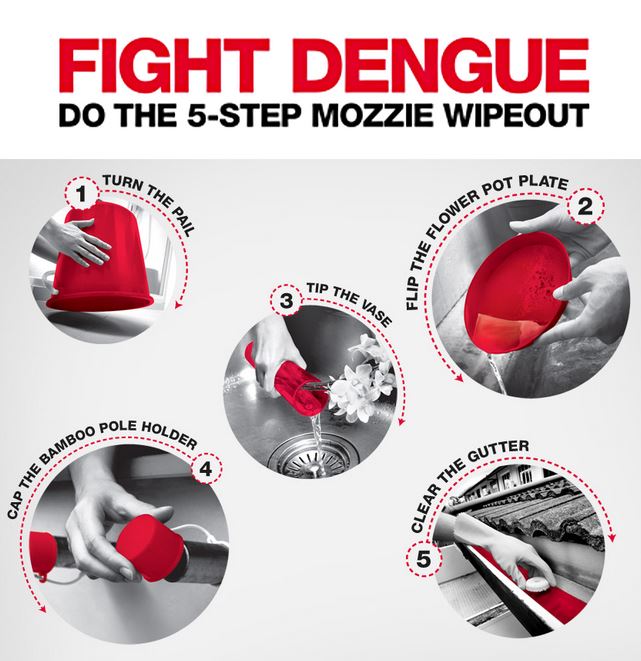
2. Mosquito repelling plants
Country to popular belief, there has not been any research showing that plants can effectively be used to repel mosquitoes, states Dan Gill, The Times-Picayune garden columnist. For the best protection, you would have to rub the leaves of the plant on your skin to get any repellent benefit, adds Gill.
Plants that have mosquito-repelling properties when rubbed on the skin include:
- Basil
- Lemon Thyme
- Lemon Balm
- Lavender
- Lemon Eucalyptus
- Lemon Grass Or Citronella
- Catnip
3. Chemical Repellents
DEET (Diethyltoluamide) has been shown to be effective at preventing bites from a wide range of pest mosquitoes. There has been evidence to show that mosquitoes smell and avoid DEET. Another chemical, Picaridin works just as well as DEET and is odourless. These two products have been endorsed by health authorities internationally as a safe way to avoid mosquito bites.
Note: According to the National Environment Agency (NEA), DEET is not suitable for babies under two months old. Other measures, such as the use of a mosquito net, should be employed instead. The American Academy of Pediatrics has advised against using products with more than 30 percent DEET on children.
4. Natural Repellents
According to an NEA spokesman, effective plant-based oil repellents include lemon eucalyptus, citronella, cedar, peppermint, lemongrass, geranium and soya bean. Natural repellents may provide some short-lived protection, but frequent reapplication is required (every 1 – 2 hours).
Try: Combi Baby Herbal Insect Repellent. It contains a combination of citronella oil and lavender oil, $16.90
Try: Young Living Peppermint essential oil, $47.38, Young Living Lemongrass essential oil, $25
Try: Tian Long Citronella Oil, $10 (Travel size, 10ml)
Note: Using oil products can cause skin reaction as they are concentrated. If you are pregnant or under a doctor’s care, do consult your physician beforehand.
Apart from the choice of repellent you use, the following factors also affect the duration of any repellent product:
- Product concentration
The higher percentage of active ingredients, the greater the protection time will be. It has been found that the period of DEET protection plateaus around a concentration level of 50 per cent.
- The frequency of application that is applied to the exposed human skin
- Activity level of the user
The effectiveness of a repellent is reduced by evaporation and absorption from the skin surface and wash-off by sweat.
- Environmental condition
Rain or water, washing the repellent off the body, wind, and high ambient temperatures will reduce the repellent’s effectiveness.
Source: Expert Review of the Evidence Base for Arthropod Bite Avoidance
5. Patches and Wristbands
These patches and bands come scented with citronella or similar mosquito-repelling oils and usually made for kids.
Mosquito patches and wristbands available at Shopee and Watson’s stores
Note: The effectiveness of these patches and wristbands are unclear. In a study done in 2010, it was found that fewer mosquitoes landed on arms with the wrist bands compared to arms without wrist bands. However, the bands will not prevent all bites and there is no evidence that other parts of the body will be protected.
6. Mosquito Coils
Mosquito coils are made from a paste of powdered insecticide (usually pyrethrin or pyrethroid). When lit, it smoulders at a steady rate.
Try: Coghlan’s Mosquito Coil Holder, $15.90
Note: Burning one mosquito coil releases the same amount of particulate matter as does burning 75 – 137 cigarettes. It is also considered a fire hazard.
7. Mosquito killing devices
These devices help to eliminate mosquitoes by attracting them with UV (Black) light.
Try: Sharp FP-FM40E Air Purifier with Mosquito Killer, $459
Replacement glue sheets are S$19 a pack and each pack contains three additional sheets. A sheet will likely last about a month before it needs to be replaced. Replacement sheets are sold separately.
Available at all Gain City outlets.
Note: Studies have shown that mosquitoes may not be strongly attracted to UV light, as compared to other pollinating flying insects.
8. Ultrasonic mosquito repellents
These repel mosquitoes by emitting a high-pitched sound that humans cannot hear. The most recent incarnation is via smartphone apps.
Note: According to the BBC news, ultrasonic repellent devices were put to the test in 10 field studies. Scientists concluded that these devices “have no effect on preventing mosquito bites” and “should not be recommended or used”.
9. Mosquito Nets
Nets are a cheap way to put a barrier between you and mosquitoes. They can be useful to protect while sleeping but they are not all that portable.
Try: BRYNE from IKEA, $14.90
Try: Mosquito Net from Atwater Carey, US$37.20
Note: As you enter or leave your net, the area is exposed to the possibility of mosquito invasion. The net will keep the mosquitoes out, but it may also keep the mosquitoes in.
10. Magnetic Window and Door Screens
The insect screen effectively keeps out all mosquitoes and other insects. Magnetically sealed against windows and doors, some magnetic screens are so fine that it is almost invisible.
Try: M Series- Magnetic Screen from Magnetic Screen Pte Ltd, price upon request
What determines your likelihood of being bitten?
- Individual’s overall attractiveness to mosquitoes
Carbon dioxide and heat are the biggest draws for mosquitoes, says Harry Savage, chief research entomologist at the Centers for Disease Control and Prevention. Scent also plays a role. Ingredients in your sweat and other skin secretions, which are genetically determined, can make a person more attractive to a mosquito than another.
- Size matters
Evidence suggests mosquitoes tend to prefer men over women, adults over children and larger people over smaller ones. Larger figures likely produce more heat, more carbon dioxide and have more body mass to bite.
Summary
- DEET and picaridin-based repellents are a cheap, safe and effective way to prevent mosquito-borne disease, but it is not safe for babies and young children.
- Most repellents (natural and chemical) help to reduce the number of bites, but it does not protect you from all bites.
- Mosquitoes are primarily attracted to carbon dioxide and heat.
- Eliminating stagnant water is the best and safest option to stop the spread of these mosquitoes.
* * * * *
Stay in touch! 📣 Subscribe to our Telegram here for our latest updates.
Want to be heard 👂 and seen 👀 by over 100,000 parents in Singapore? We can help! Leave your contact here and we’ll be in touch.







































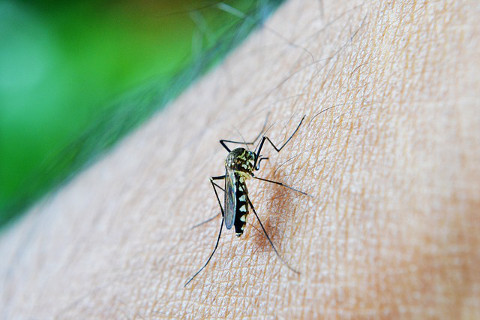

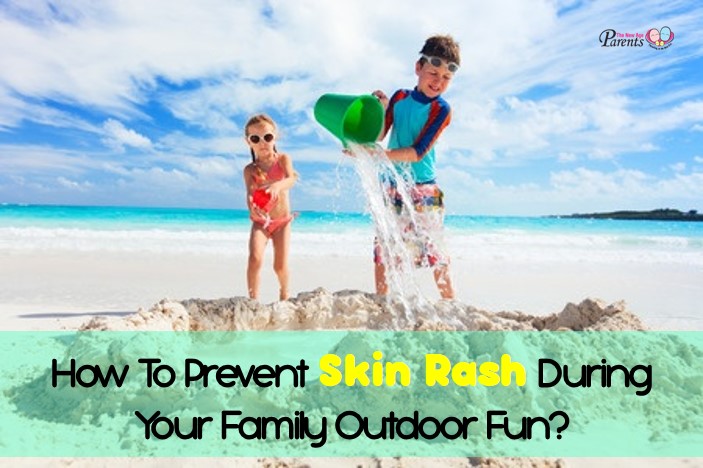




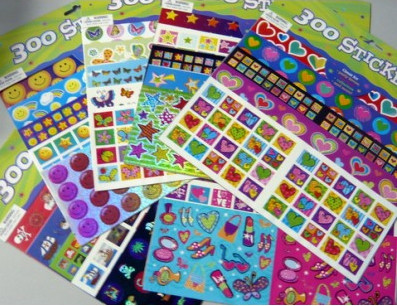

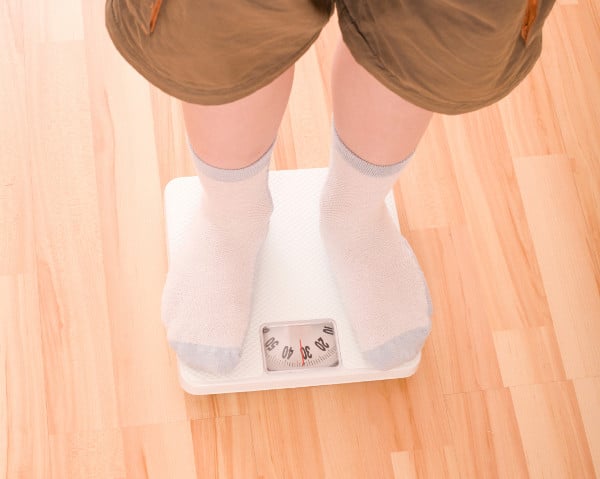












Leave a Comment: